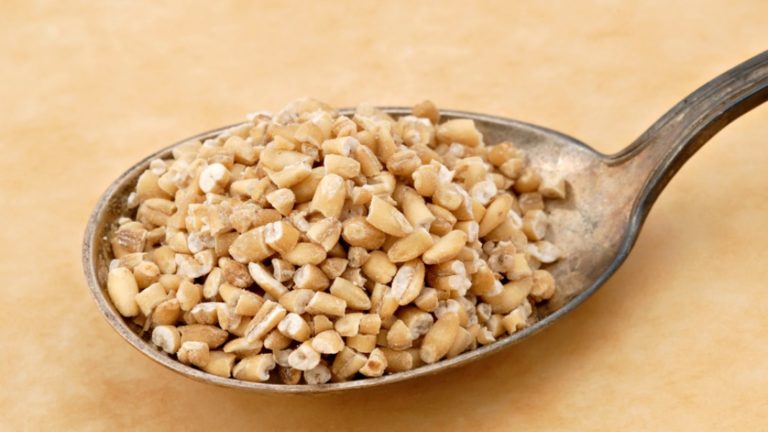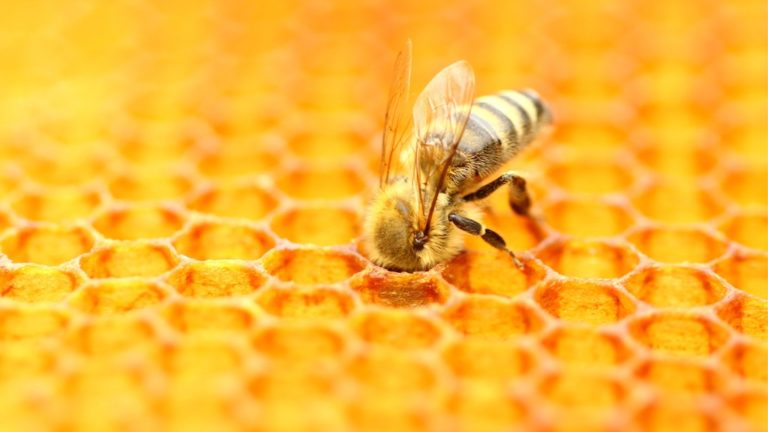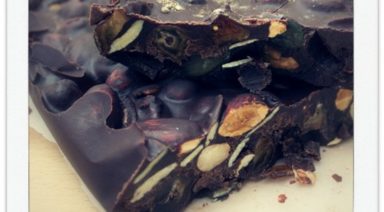Why Choose Steel-Cut Oats

As we all know, whole grains are vital to a healthy lifestyle. Steel-cut oats offer a nuttier alternative to the rolled oats most people know.
Steel-cut oats are essential grains which are full of nutritional value, rich in B-vitamins, calcium, protein and fiber while low in sodium and unsaturated fat. In fact, just one cup of steel-cut oats contains 8g of fiber. Steel-cut oats are whole grain groats, the inner portion of the oat kernel, which have been cut into two or three pieces rather than flattened. Because of this it takes longer to digest, making us feel fuller for a longer period of time. They are a golden hue and look like chopped nuts or tiny grains of rice. Rolled oats are flake oats that have been steamed, rolled, re-steamed and toasted. Due to all of this additional processing they lose some of their fiber, nutritional value, natural taste, and texture.
According to the USDA, whole grains reduce cholesterol, high blood pressure and help prevent heart disease, cancer and diabetes. They are a rich source of magnesium, a mineral that acts as a co-factor for more than 300 enzymes, including enzymes involved in the body’s use of glucose and insulin secretion. Steel-cut oats have a lower glycemic index than instant oatmeal (42 versus 65), causing a smaller insulin spike when consumed. The exact cause of this is undetermined, but is believed to be due to a higher proportion of complex carbohydrates. Studies have indicated that when people increased their consumption of steel-cut oats to five servings (serving = one cup cooked) a week, there was a corresponding 39 percent reduction in the risk of onset of type 2 diabetes.
One of the most significant health benefits of steel-cut oats is that they help eliminate fat and cholesterol from the body. Studies show that in individuals with high cholesterol (above 220) consuming just 3 grams of soluble oat fiber per day typically lowers total cholesterol by 8-23%. This is highly significant since each 1% drop in cholesterol translates to a 2% decrease in the risk of developing heart disease.
While steel-cut oats take a little longer to cook, this recipe can be put in the crock-pot the night before and be ready for you in the morning. Make it your own by adding whatever dried fruit you love. In our home we sprinkle chopped almonds on top and add a little soy milk. Our own instant oats! Enjoy!
Overnight Oatmeal
8 cups water
2 cups steel-cut oats
_ cup dried cranberries
_ cup dried blueberries
_ cup dried apricots (chopped)
Pinch of salt
Combine water, oats, dried fruit and salt in a crock-pot or slow cooker. Cover and set to low for 7-8 hours.
Tualang Honey; A Gift From the Jungle

What is Tualang Honey?
A honey from the Malaysian jungles is attracting attention from researchers who are finding it has unexpected health properties beyond those of the famous Manuka honey of Australia and New Zealand.
While it has been used as medicine and food for thousands of years, researchers are confirming the therapeutic value of honey — accelerated wound healing, infection fighting, anti-tumor, and anti-diabetic properties, to name a few.
When a pollen-producing plant species has health or curative properties, those characteristics transfer to honey via the pollen harvested by bees. Until recently, Manuka honey from New Zealand has been the gold standard, with higher levels of methylglyoxal, a natural antibacterial, than other types of raw honey. By placing hives into Manuka groves, beekeepers produce and harvest this “monofloral” honey, meaning the hive worker bees have harvested pollen only from the Manuka tree blossoms, which gives the honey it’s unusual therapeutic properties.
Tualang honey is produced by the rock bee (Apis dorsata), a type of honeybee, that builds its colonies in one of the tallest trees in the world, the Tualang tree of Southeast Asia, and in particular, the Malaysian peninsula. Specimens as high as 260 ft. (80m) have been recorded. The species is found in lowland forests — indigenous people believe the giant trees are inhabited by spirits. This belief has spared the trees from the logging industry. Tualang honey is only found in these jungle giants — the tree’s smooth bark makes climbing difficult for honey loving predators like the sun bear.

The honey-loving Malaysian Sun Bear
Honey can be monofloral or polyfloral. Manuka is monofloral, with the Manuka tree species as the pollen source. Polyfloral Tualang honey differs in that the rock bees pollinate diverse Malaysian jungle plants and flowers, and those plant properties find their way in to the honey. The therapeutic potential of multiple rainforest plant species are captured in Tualang honey.





































